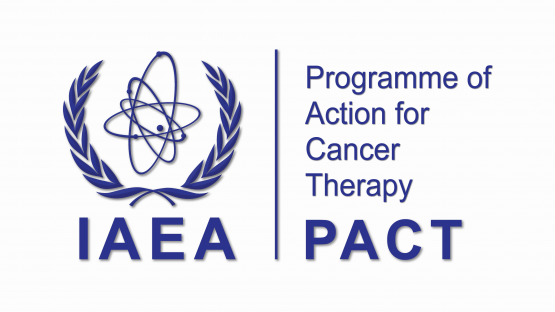With soaring cancer incidence rates set to reach nearly 17 million by 2020, the global health community is preparing to confront a worldwide epidemic. With an estimated shortfall of as many as 5 000 radiotherapy units, close to 80% of cancer patients in low and middle income (LMI) countries will be left without the radiotherapy treatment that is required in over 50% of cancer cases.
To confront the shortage of radiotherapy units in LMI countries, the International Atomic Energy Agency's Programme of Action for Cancer Therapy, today, is hosting the second meeting of the Advisory Group on increasing access to Radiotherapy Technology in low and middle income countries (AGaRT). The meeting, which is being held on 17-18 November at IAEA Headquarters in Vienna, brings together radiotherapy manufacturers, regional experts and international organisations from around the world to find affordable, suitable and sustainable solutions to address the shortfall of radiotherapy machines in LMI countries.
“AGaRT is a group that serves as a facilitator between radiotherapy vendors and users, allowing them to discuss their problems in regards to radiotherapy and find a solution so that these problems can be overcome”, explained Prof. Dr. Shyam Shrivastava, Head of the Department of Radiation Oncology at Tata Memorial Hospital in India and Chairperson of the second AGaRT meeting, “we hope that, in coming years, coordination between radiotherapy suppliers and users will grow, and a sustainable solution will come from the Advisory Group.”
Over the next two to three years, AGaRT hopes to review and recommend radiotherapy operation requirements; affordable and suitable radiotherapy equipment packages and solutions; and financial schemes for the delivery of radiotherapy packages.
“Our aim is to encourage the group to develop guidelines for manufacturers so that a package of not more than one million dollars is made available to developing countries”, stated Massoud Samiei, Head of the PACT Programme Office. “It is important that this package integrates all essential radiotherapy technology with high quality and safety, as well as delivery, commissioning, training of maintenance staff and longer term support for maintenance.”
The next meeting of the Advisory Group is expected to take place at IAEA headquarters in June of 2012.


